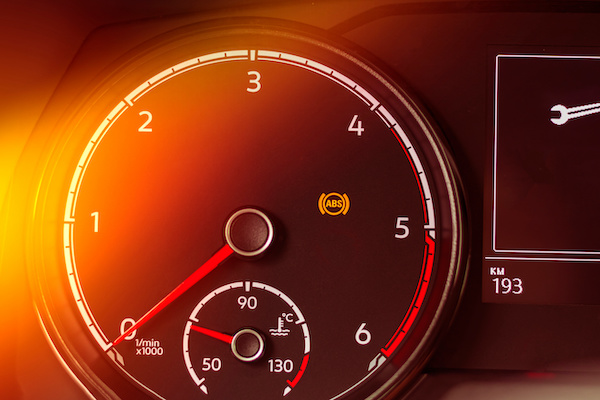
In the intricate web of your car's safety features, the Anti-lock Braking System (ABS) stands out as a critical component, ensuring that you maintain control during sudden stops. But, like any complex system, it requires regular upkeep to perform at its best. Here's how you can keep your ABS in top shape, ensuring safety and reliability on the road:
Anti-lock Braking System (ABS) Basics
Before diving into maintenance tips, let's quickly unravel what ABS is and why it's crucial for your driving safety. The ABS prevents your car's wheels from locking up during braking, especially under harsh conditions, allowing you to maintain steering control. This explanation sets the stage for why maintaining your ABS is not just recommended but essential.
A simple overview of our maintenance recommendations:
- Regularly check and clean ABS sensors
- Maintain proper brake fluid levels
- Inspect brake pads and rotors frequently
- Pay attention to the ABS warning light
- Schedule regular professional ABS inspections
Regularly Check ABS Sensors
The ABS sensors play a pivotal role in monitoring wheel speed and sending this information to the ABS control unit. Dirt, debris, or damage can impair their function, leading to ABS failure. Regular checks and cleaning of these sensors can prevent such issues, ensuring your ABS remains responsive when you need it most.
Maintain Brake Fluid Levels
The brake fluid is the lifeblood of your braking system, including the ABS. Low or degraded brake fluid can compromise the system's efficiency, leading to increased stopping distances and potentially dangerous situations. Ensure you check the brake fluid regularly and replace it according to your vehicle manufacturer's recommendations.
Inspect Brake Pads and Rotors
While not directly part of the ABS, worn brake pads and rotors can affect the system's performance. If your brakes are in poor condition, the ABS has to work harder to prevent wheel lockup, which can strain the system. Regular inspections and timely replacements of these components can keep your ABS functioning optimally.
Keep an Eye on the ABS Warning Light
Your dashboard's ABS warning light is your first hint of potential issues within the system. If this light stays on after you've started the engine, it's a sign that your ABS requires professional attention. Don't ignore this warning; prompt diagnostics can prevent more significant problems down the road.
Schedule Regular Professional Inspections
Even with diligent personal maintenance, nothing replaces a professional inspection. Mechanics have the tools and expertise to run diagnostics that can identify issues you might miss. Regular check-ups can ensure any ABS components that need attention are serviced promptly, keeping the system ready for any emergency braking situations.
A Few Questions You Might Have
How often should ABS sensors be checked?
While there's no one-size-fits-all answer, checking your ABS sensors during your regular brake maintenance (or at least annually) is a good practice.
Can I replace the brake fluid myself?
Yes, replacing brake fluid can be a DIY task, but ensure you follow your vehicle manufacturer's guidelines and use the correct type of fluid.
What does it mean if my ABS warning light turns on while driving?
This usually indicates an ABS malfunction. While normal braking should remain unaffected, it's crucial to get your system checked by a professional as soon as possible.
Having ABS problems? Visit Davenport Motor Company - we are the local answer to Plano, TX, residents, providing expert insight and services!